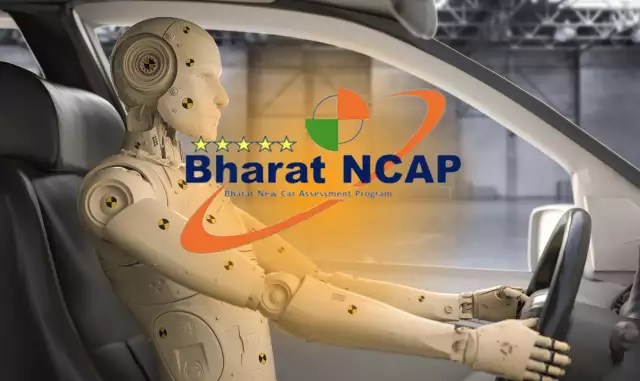Bharat NCAP to have its 2.0 version from October 2027

“We are discussing how the India specific use cases can be addressed better,” says Ujjwala Karle, Deputy Director, Automotive Research Association of India (ARAI), on the sidelines of the ADAS Show, held in Bengaluru on Tuesday. Karle also added that both ADAS features, and ADAS testing have to be localised for the emerging technology trend to achieve the intended objective of safer mobility. ARAI is in the process of setting up a dedicated ADAS test track over an 18-acre plot on the outskirts of Pune.
According to an industry source, nine task forces are being set up to further ‘Indianise’ the Bharat NCAP programme, which currently is largely based on the test protocols of Global NCAP. Currently, only ESP (Electronic Stability Programme) is required for vehicles to qualify for the crash test. The source also adds that AIS 185 standard, which covers ADAS features, may see some tweaks to include the category of ‘vulnerable road users’.
It is learnt that there are also some new standards for ADAS features in the works.
India’s annual road accident fatalities has risen to a record 1.72 lakh in 2023. 4.8 lakh accidents were recorded during the year. 2024 figures are yet to be released by the Government. It is estimated that over 80% of road accidents happen due to driver error. A focus on adding more active safety systems could help compensate for human errors.
Karle says that passive safety have come to some level of maturity in India-made cars, and now “active safety and ADAS will take a front row”.
According to other industry experts at the conference, the focus will be on making ADAS related components and technologies more affordable. For example, Zendar, a Berkely, California based start-up, says that it has developed a radar-focused ADAS stack which is claimed to be 10X cheaper than a camera-focused ADAS solution. With both safety, and ADAS being key trends in India, actions in this space by all stakeholders, including the Government, is likely to gain more traction standards, but the India specific use cases can definitely be at.

